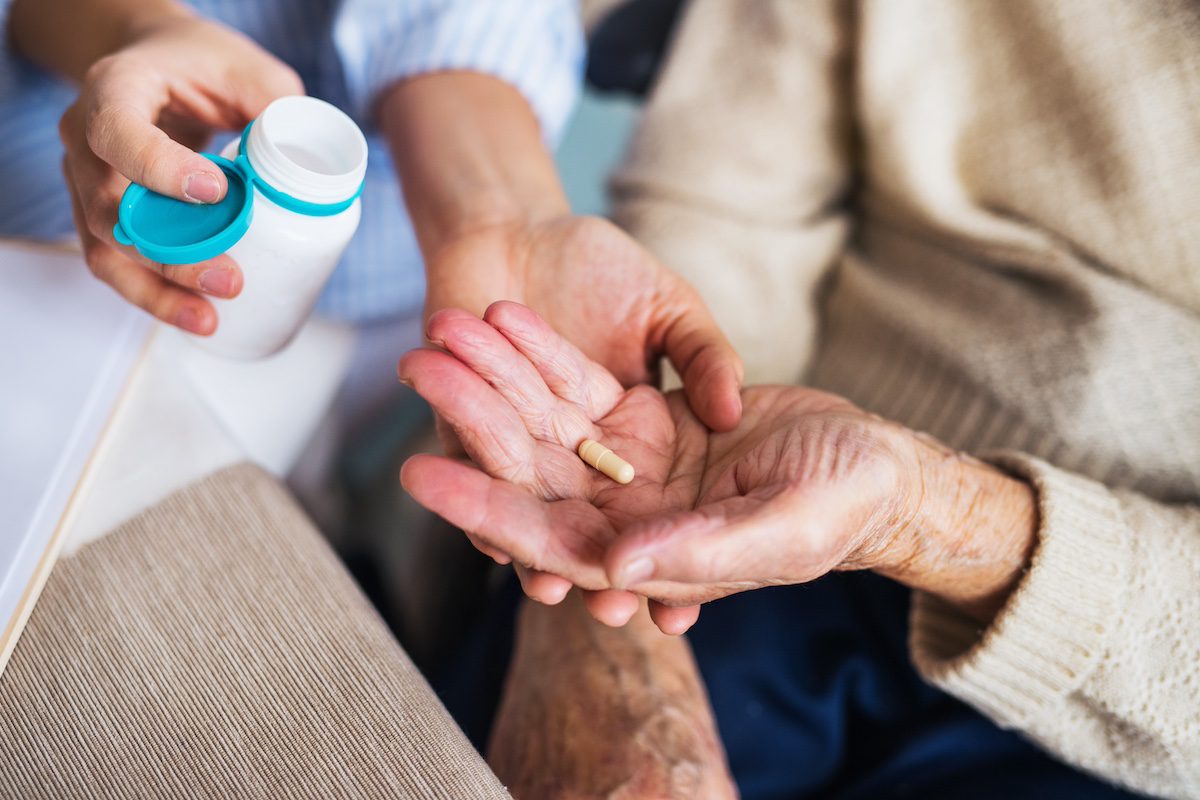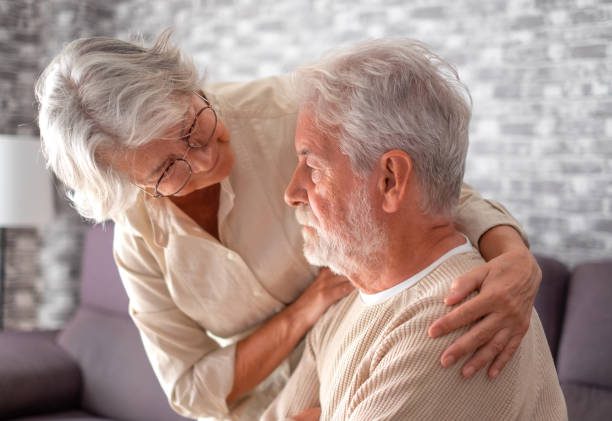Seasonal Affective Disorder (SAD) & the Elderly
The transition to winter for your elderly friend or family member can be a difficult one. The drop in temperature, higher likelihood of adverse road conditions and less sunlight can all take a toll. Seasonal affective disorder, or SAD, is a condition that affects people at any age. While 18-30-year-olds are more likely to be diagnosed with SAD, older adults can deal with more acute forms of it. To learn more about how the seasonal change can affect your elderly loved one, keep reading.
What is SAD?
Seasonal Affective Disorder is a type of depression that is directly related to the changing of the seasons. While it can develop during the warmer months, it is more likely to occur during the fall and winter seasons. This disorder affects approximately 10 million Americans. Another 10-20 percent have a form of mild SAD.
Cold weather and depression seem to go hand-in-hand. A few different factors can cause SAD in the winter months.
The first is lower amounts of sunlight throughout the day. The human body relies on the sun for the circadian rhythm to maintain an appropriate sleep schedule. Whenever the sun is not out as long, this sleep schedule can be affected. Older adults are more susceptible to circadian rhythm problems and irregular serotonin levels in the brain due to how their sleep systems degrade with age. This lack of sleep can then snowball into depressed behavior.
Lower amounts of sunlight also mean less vitamin D. This lack of vitamin D can cause your friend or family member not to absorb the calcium they need, which can lead to osteoporosis.
Some SAD symptoms are a result of a lack of social activity for prolonged periods. Since elderly individuals aren’t able to go outside as much due to colder weather or dangerous walking and driving conditions, they may feel isolated and confined to their living space.
The cold weather may also lead to a drop in exercise or activity. These stretches of low physical activity can exacerbate the symptoms of SAD and make your loved one more tired or depressed.
How Can I Help My Loved One?
Whenever your loved one is depressed, it is hard to know what to do, but there are a few small ways you can make a difference.
Communicate with them regularly. With any relationships, communication is vital. Many times, elderly individuals can feel neglected or like they are missing out on life because they are unable to get out regularly. It is essential to take time to visit or call them. These interactions can help them feel better, and it will allow you to check in on how they are doing.
Make sure your loved one gets some sun or a form of bright light therapy. Lack of sun can cause issues for the body. We need to receive sunlight regularly. If your loved one can’t go outside for long periods, bright light or dawn simulation therapy may help to rebalance the wake and sleep schedule. A vitamin D supplement can also help to absorb the necessary calcium to keep the bones healthy.
Plan social activities with your loved one. Visits are a great start, but if you can give your loved one an event to look forward to, this can help him, or her get through lonely stretches throughout the week.
Help your loved one stay warm. Older individuals are more susceptible to hypothermia in cold weather, in their house or outside. Make sure there are plenty of items handy to keep them warm. Blankets, sweaters and warm socks can make a difference for the way they feel. Checking in often will help you to make sure the living space is at an appropriate temperature.
Make sure they get some activity. While your loved one may have a difficult time performing strenuous motions, like lifting weights or running, movement can help to boost mood and overall health. Make sure to have a physician’s approval. There are plenty of online exercise guides that cater to seniors and older adults. Make sure they take it slow, but any exercise can make a difference.
If you have a friend or family member who is close to the end of life, get them the quality care they deserve from the excellent staff at Crown Hospice of Cape Girardeau or Crown Hospice of Poplar Bluff. To see how we can help your loved one make the most of their life, contact us today.


